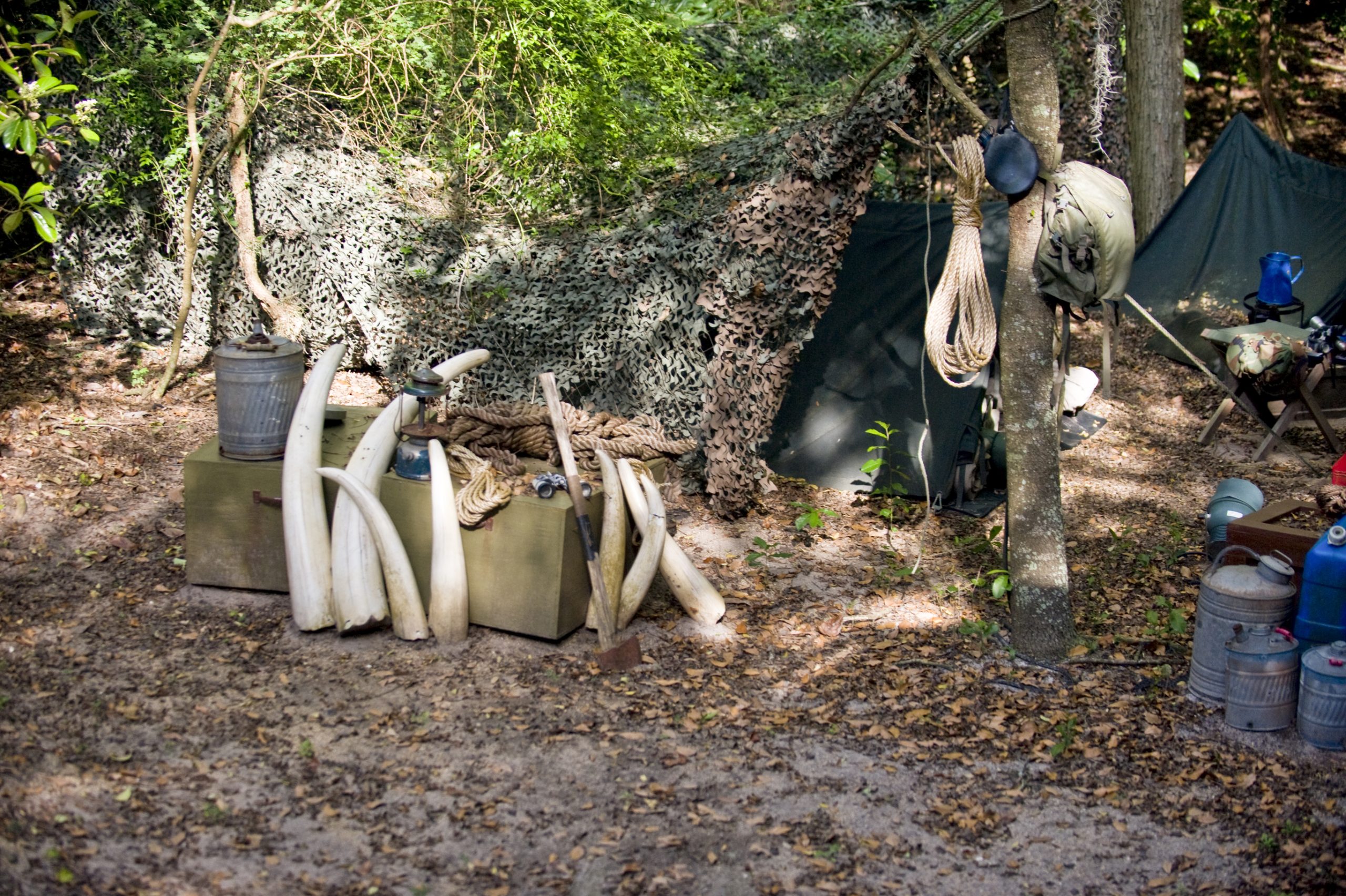Wildlife crime continues to pose a significant threat to biodiversity, local and national economies, as well as national and international security. The illicit trafficking of wildlife not only endangers countless species but also undermines the stability of ecosystems and jeopardizes the livelihoods of communities worldwide. Recognising the severity of this issue, ten leading organisations led by the World Shipping Council have joined forces to combat illegal wildlife trafficking through increasing awareness and vigilance across global supply chains.
“Maritime traffic, in particular, remains vulnerable to the trafficking of illegal goods,” stated a press release. “With the vast volume of trade carried by sea, the demand for faster, just-in-time deliveries and the increasing complexity of intermodal supply chains, criminals increasingly exploit weaknesses in global maritime supply chains to traffic contraband items.”
The initiative led by the World Shipping Council is supported by United Nations Development Program, the Global Environment Facility, and the Global Wildlife Program, in collaboration with TRAFFIC and WWF, and co-sponsored by BIC, Global Shippers Forum, the International Fund for Animal Welfare and TT Club.
Together, they have produced practical guidelines for all supply chain participants, with advice on measures to take, questions to ask to help identify criminal wildlife trade, and guidance on reporting suspicious activities. An accompanying “Red Flags” document serves as a daily reference for all individuals involved in the supply chain.
Combatting illegal wildlife trafficking is a shared responsibility that requires collaboration across international containerized supply chains. All parties involved, especially consolidators and those receiving goods for packing or carriage, must take proactive steps to prevent the shipment of illegal wildlife. This includes verifying the legitimacy of cargoes, properly sealing shipments, conducting risk assessments, and promptly alerting national authorities to suspicious activities, as appropriate.
The Joint Industry Guidelines for Combatting Illegal Wildlife Trafficking are designed to support and further promote existing International Maritime Organisation (IMO) guidelines by providing specific and actionable guidance to private sector stakeholders, and the IMO was kept informed through the development process. The joint industry guidelines have been submitted to the IMO for additional awareness and action.
“We recognize the critical role that the maritime industry plays in combatting illegal wildlife trafficking. By working together to increase awareness across the supply chain of how to spot and address this criminal activity, we can prevent the exploitation of global maritime supply chains for criminal activities and protect endangered species worldwide,” says John Butler, President & CEO of the World Shipping Council.
(Dreamstime photo of tusk poacher camp in Africa)


